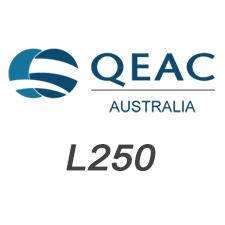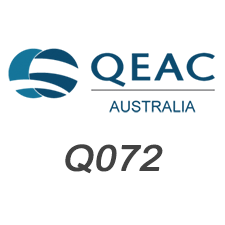What Is Genuine Temporary Entrant (GTE) Criteria?
Genuine Temporary Entrant (GTE) Criteria
The Genuine Temporary Entrant (GTE) requirement assesses student visa applicants’ intention to enter and remain in Australia temporarily. This article looks at what factors the Department of Immigration & Border Protection (DIBP) uses to determine if student visa applicants meet the GTE requirement.
Genuine Temporary Entrant (GTE) assessment factors
The Section 499 Ministerial Direction Number 69 directs the DIBP’s decision-makers to take into consideration the following six factors:
- The applicant’s circumstances in their home country;
- The applicant’s potential circumstances in Australia;
- The value of the course to the applicant’s future;
- The applicant’s immigration history;
- If the applicant is under 18, the intent of the parent, guardian, or spouse; and
- Other relevant matters.
1. Applicant’s circumstances in their home country
This factor assesses the reasons for the applicant to not undertake the chosen course of study in their home country. It also considers whether there is military or civil unrest which would not support a temporary stay in Australia.
2. Applicant’s potential circumstances in Australia
The applicant’s potential circumstances in Australia relates to what their life will be like once they make it to Australia. The decision maker will look at whether there are family members who have adverse immigration histories and whether the chosen course of study is realistic. This factor also assesses the suitability of the education provider, and the standard of living in Australia given the applicant’s age, culture and other circumstances.
3. The value of the course
In assessing this factor, decision makers will look at a number of features of the course and how it will benefit the visa applicant.
Decision makers will assess whether the selected course is relevant and appropriate to the applicant’s current education and employment background. They will also look into the prospects of a future career and employment in that field.
Decision makers look to see if a chosen course of study makes sense careerwise. Meaning that the course of study is related to the ordinary progression of employment and education.
For example, university or vocational studies are a natural step after finishing high school.
While selecting a course which is unrelated to previous employment and education may result in decision makers requesting further information, it does not necessarily mean the visa will be refused.
Decision makers will consider other evidence in support of why that particular course was chosen. Such as, the need to change careers or if the course is of a hobby or interest that will provide a tangible benefit to the applicant. Studies of hobbies or interests must improve an applicant’s employment prospects in their home country.
4. The applicant’s immigration history
This factor assesses whether an applicant’s immigration history does or does not support a temporary stay in Australia.
The following circumstances would indicate against the genuine temporary entrant requirement:
- You were previously refused a visa in Australia. You now seek to prolong your stay by entering into a relationship with a student visa holder to extend your stay;
- You were not compliant with your previous visa conditions;
- You had been undertaking a series of short, inexpensive courses which has the result of extending your stay in Australia;
- You have been in Australia for a long time without having successfully completed a qualification;
- You have moved education providers on numerous occasions and have failed to finish a course of study;
- You have been in Australia for a long time on a range of short term temporary visas; or
- You have a history of being refused visas or you have been non-compliant with visa requirements in another country.
An adverse immigration history could make a new student visa application very complicated. If there are any doubts about your study or immigration history, it is best to seek immigration legal advice before making an application.
5. Other relevant matters
Decision makers use this factor to be able to consider anything else that is relevant to an applicant.
This factor is designed to help visa applicants convince decision makers of their genuineness to complete the chosen course of study as a genuine temporary entrant.
If a decision maker refuses an application, they must clearly outline why they believe a matter is particularly relevant.
Further documents or information
If a decision maker requires further information in order to make an assessment of the GTE requirement, they may request the following:
- Evidence of employment for at least 12 months;
- Evidence of an offer of employment upon the applicant’s return home;
- Evidence of assets in their home country consistent with the applicant’s family background;
- Family or social ties which support a reason for the applicant to return to their home country upon the completion of their study;
- Evidence of the previous studies;
- Evidence from the applicant’s employer or a statement from the applicant attesting to the need to improve their skills for future career prospects; or
- Evidence of personal or academic outcomes supporting the applicant’s need for a career change.








